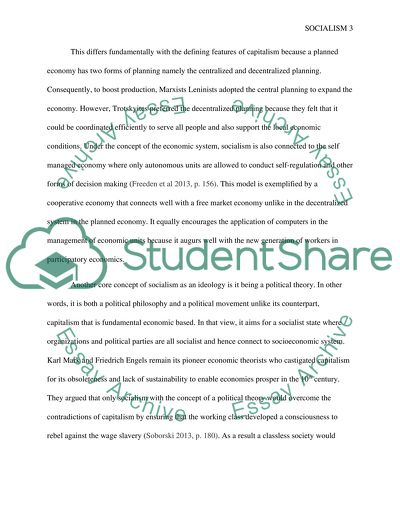Cite this document
(“What do you consider to be the core concepts of socialism as an Essay”, n.d.)
Retrieved from https://studentshare.org/history/1493502-what-do-you-consider-to-be-the-core-concepts-of
Retrieved from https://studentshare.org/history/1493502-what-do-you-consider-to-be-the-core-concepts-of
(What Do You Consider to Be the Core Concepts of Socialism As an Essay)
https://studentshare.org/history/1493502-what-do-you-consider-to-be-the-core-concepts-of.
https://studentshare.org/history/1493502-what-do-you-consider-to-be-the-core-concepts-of.
“What Do You Consider to Be the Core Concepts of Socialism As an Essay”, n.d. https://studentshare.org/history/1493502-what-do-you-consider-to-be-the-core-concepts-of.


